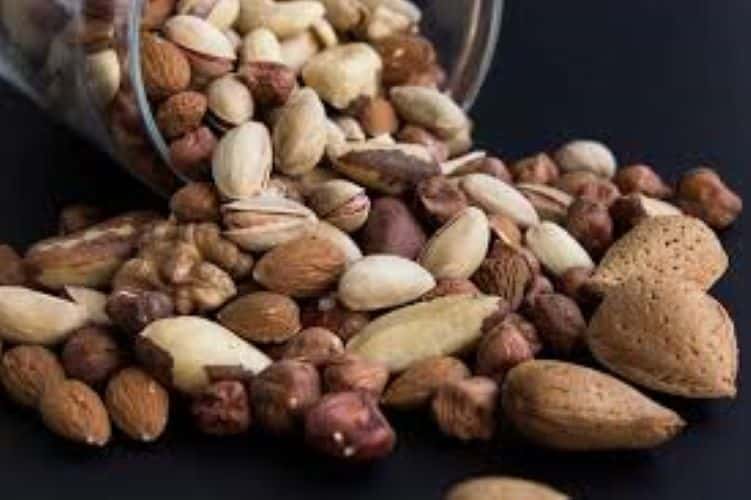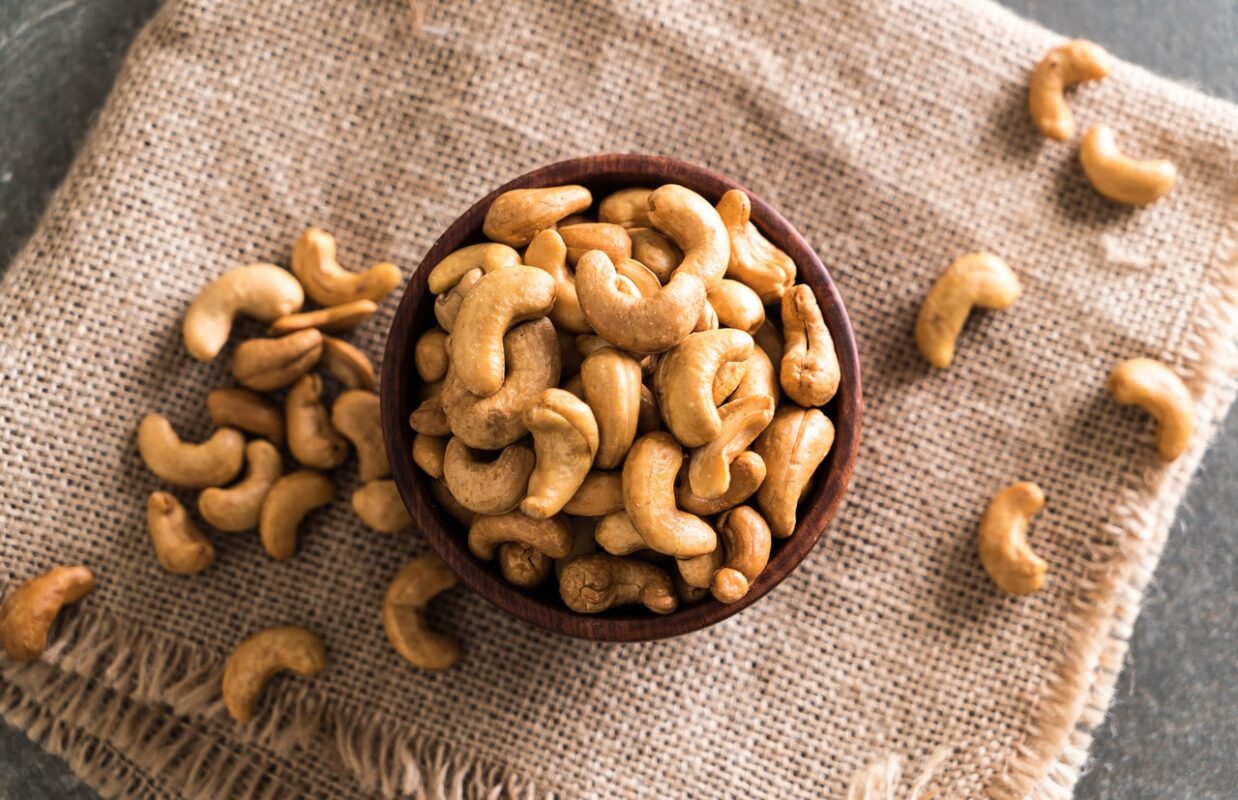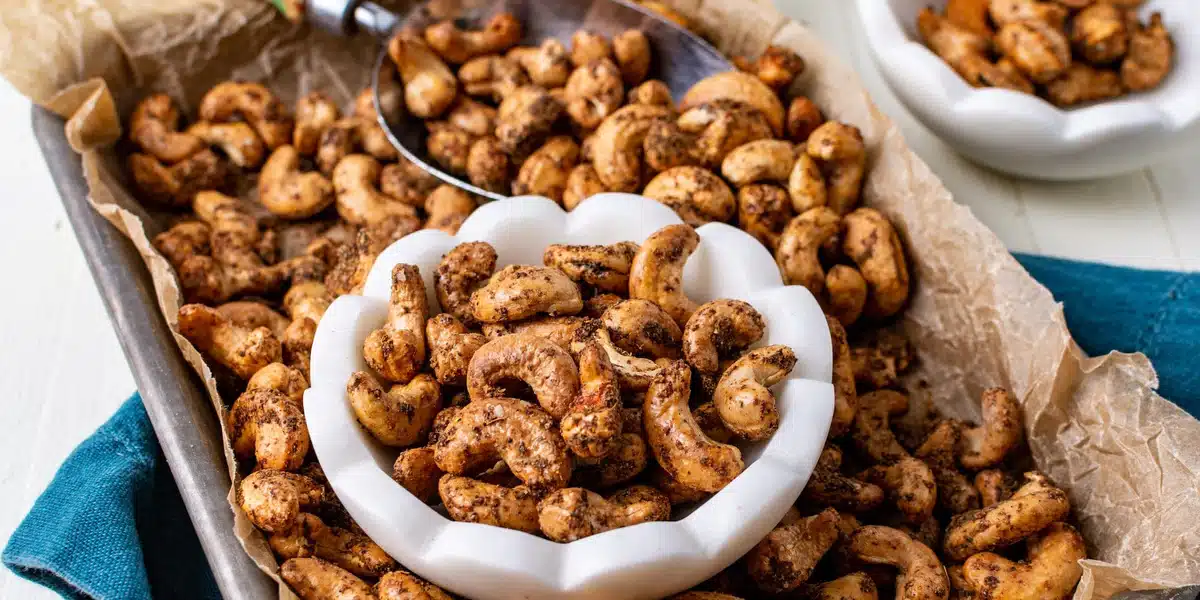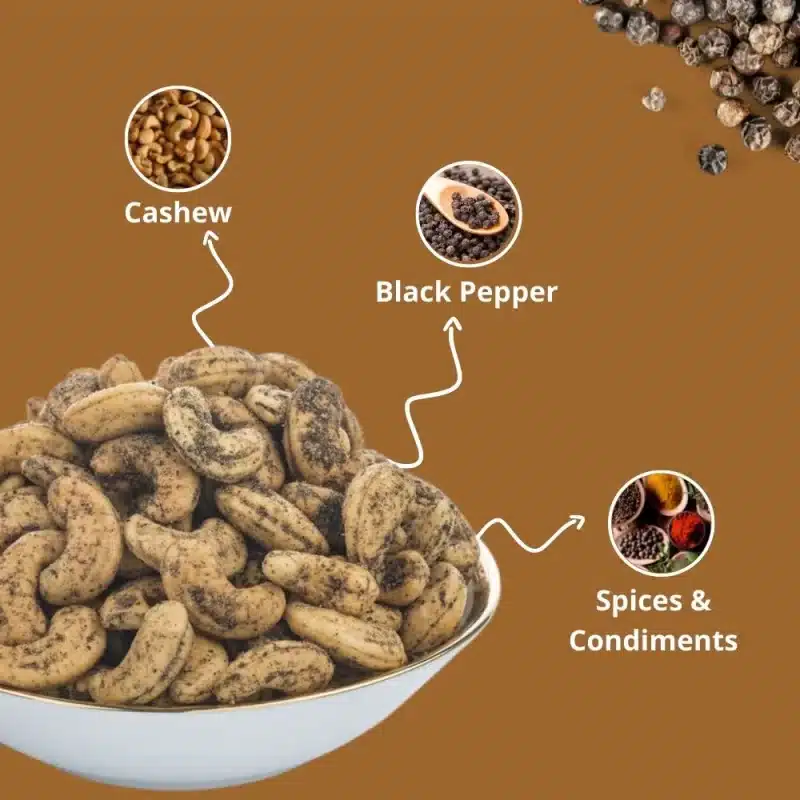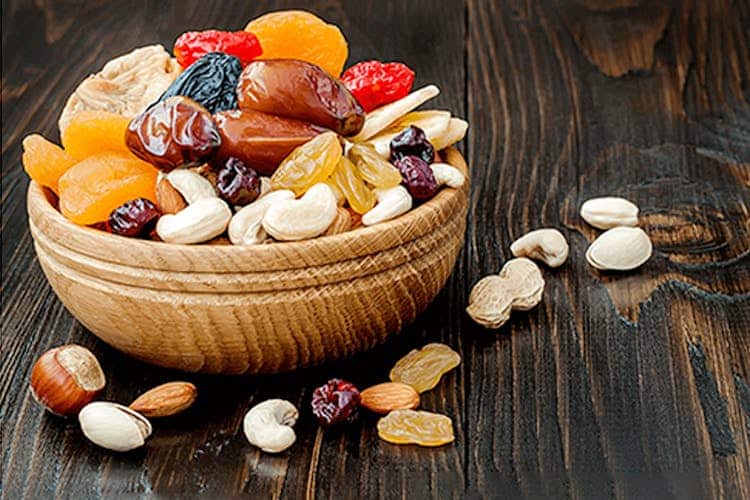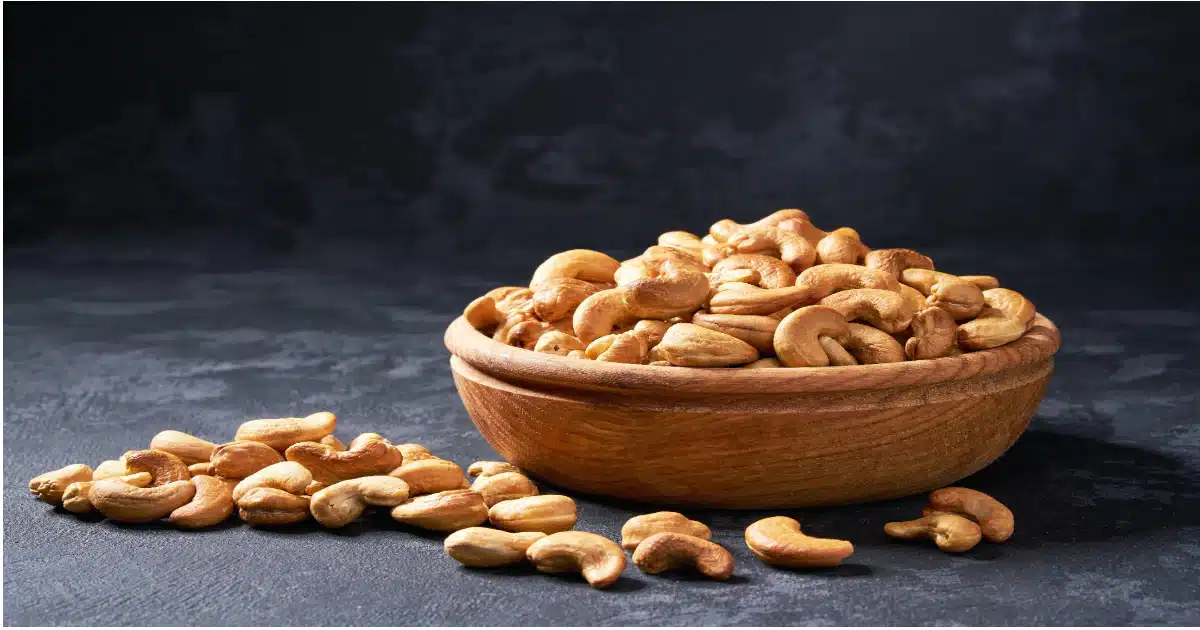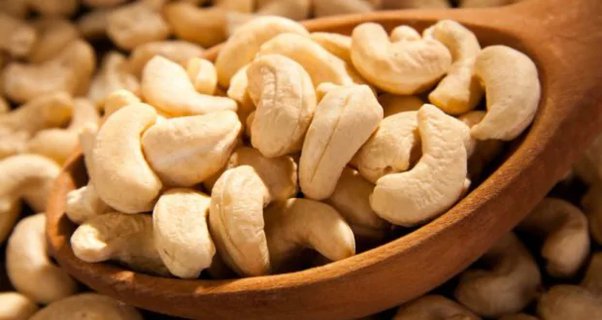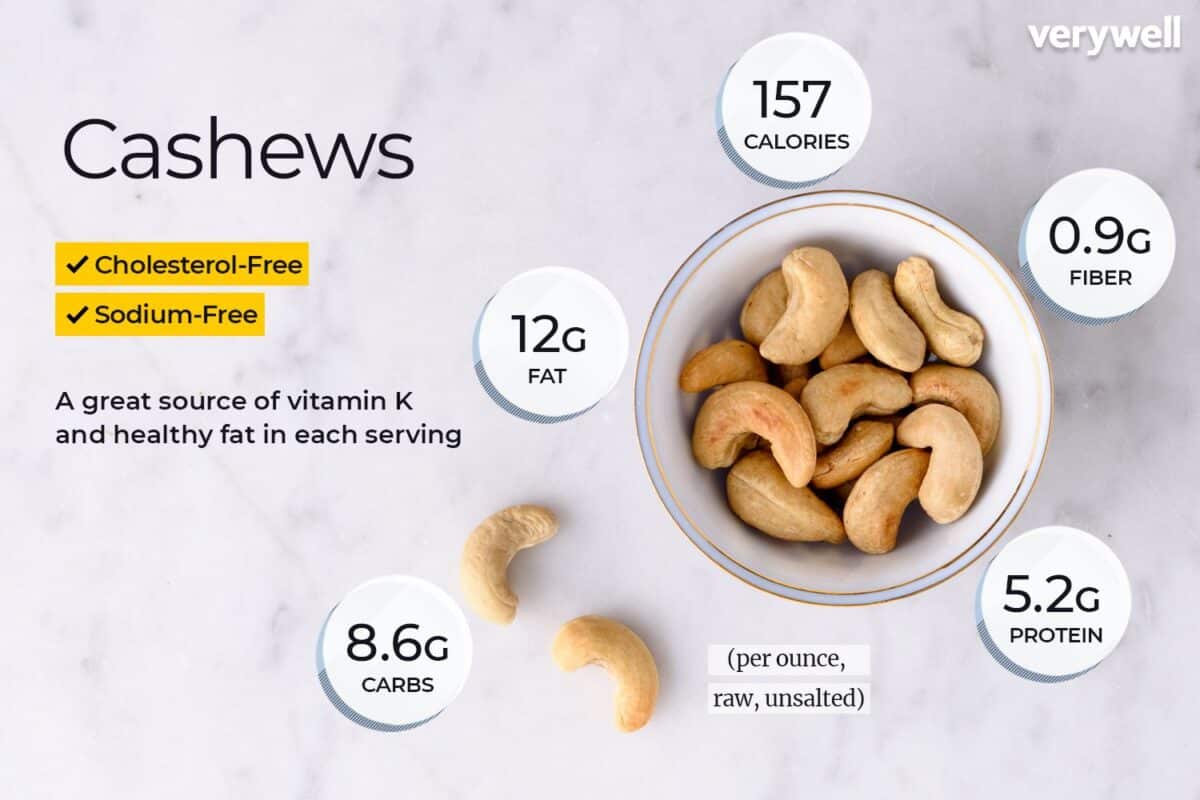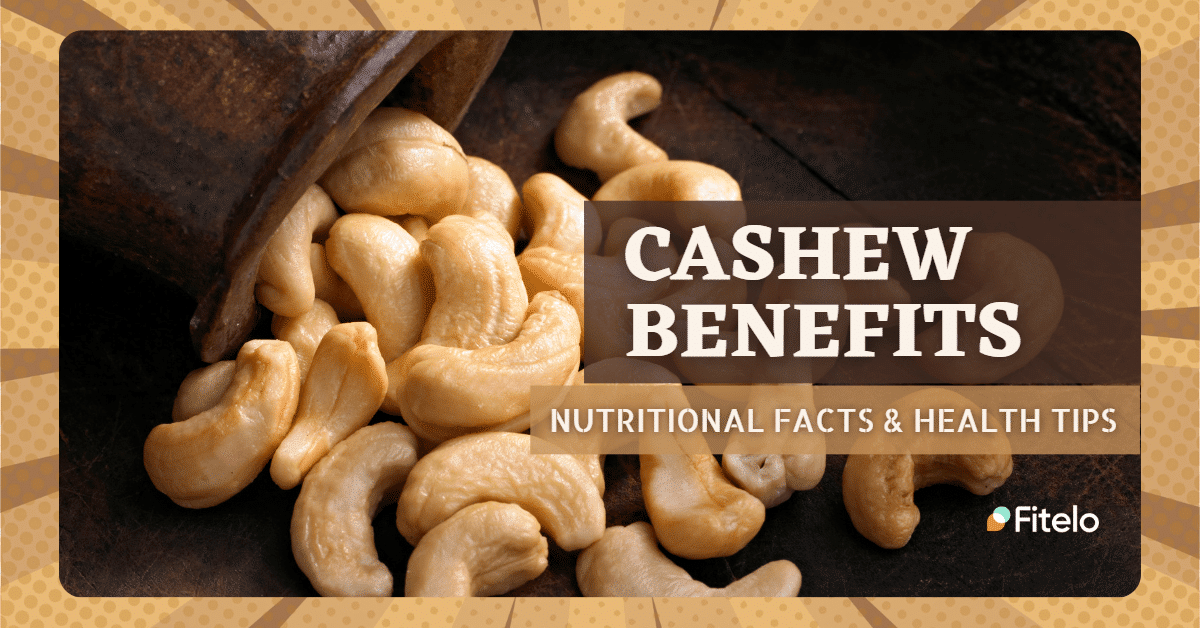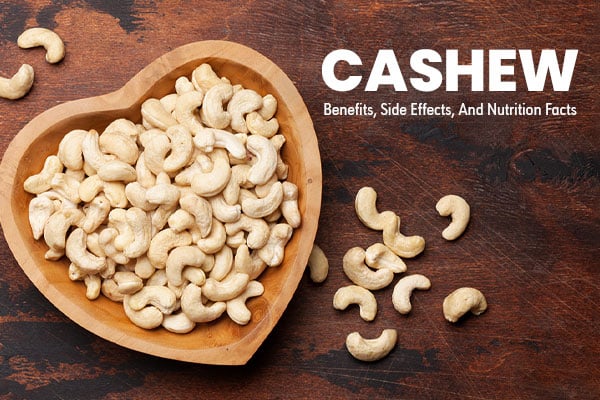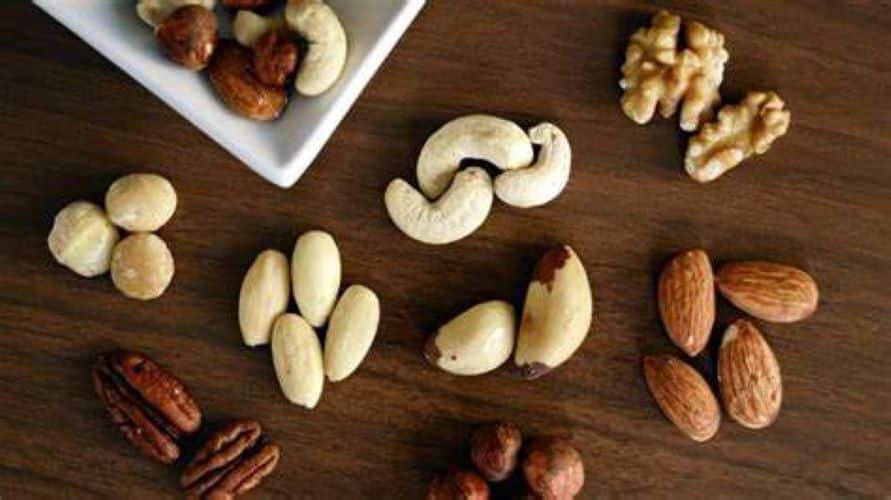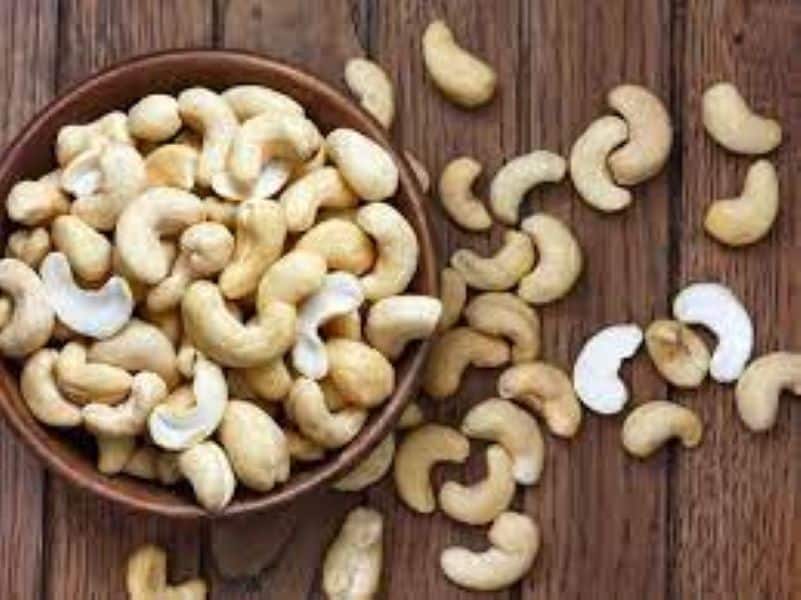Cashew nuts are a popular snack food that may not get the attention it deserves. Sure, cashews are tasty and crunchy and great for snacking, but did you know that they’re also good for your health? Cashew nuts offer many health benefits, from fighting inflammation and improving your skin to preventing constipation. Let’s take a closer look at what cashews have to offer:
The benefits of cashew nuts include how they can improve your skin.
Cashews are rich in vitamin E, which keeps your skin hydrated. They also contain vitamin K, which helps with blood clotting. Additionally, cashews are high in monounsaturated fats: a type of fat that’s good for the body and can aid weight loss if you’re trying to shed some pounds.
These three properties help keep your complexion healthy and glowing!
Cashews are also high in zinc, which is important for your immune system. They’re also a good source of magnesium and copper, two minerals that help keep your bones strong.
Cashews are also high in protein and fiber, which help you feel fuller longer. They’re an excellent source of antioxidants, which can protect your body against damage caused by free radicals (the harmful byproducts of metabolism).
Cashews are also a good source of phosphorus and vitamins B6, B3, B2 and K. They contain copper, magnesium and iron as well.
Cashews are a good source of zinc, which is important for your immune system. They’re also a good source of magnesium and copper, two minerals that help keep your bones strong. Cashews are also high in protein and fiber, which help you feel fuller longer. They’re an excellent source of antioxidants, which can protect your body against damage caused by free radicals (the harmful byproducts of metabolism).
The benefits of cashew nuts also extend to their positive effects on your bowels.
Cashew nuts are rich in fiber, which helps to keep the bowels healthy. This can be especially helpful for those who have constipation or irregular bowel movements. The magnesium in cashews also relaxes colon muscles, making it easier for waste to pass through the body without straining or discomfort.
Cashews are also a good source of copper, which can help to prevent anemia. This is important because many women who are pregnant or breastfeeding have low levels of iron and blood cells that carry oxygen throughout the body.
Copper is a mineral that helps the body to produce red blood cells. It also helps to make collagen, which forms connective tissue in bones, skin and organs.
Cashews are a good source of manganese, which helps with bone development and wound healing. This mineral is also important for the body’s ability to make use of certain vitamins, including vitamin K, riboflavin and folate.
One benefit of cashews is their high levels of antioxidants. Antioxidants help to fight off free radicals, which can cause damage to cells and DNA. Free radicals are produced naturally by the body during normal processes like breathing and exercising.
They also occur when you’re exposed to pollutants in the air and other environmental toxins.
Cashews are also a good source of copper, which can help to prevent anemia. This is important because many women who are pregnant or breastfeeding have low levels of iron and blood cells that carry oxygen throughout the body. Copper is a mineral that helps the body to produce red blood cells. It also helps to make collagen, which forms connective tissue in bones, skin and organs.
Cashew nuts are rich in antioxidants, nutrients that fight free radicals and inflammation.
Cashews are rich in antioxidants, nutrients that fight free radicals and inflammation. They contain a high amount of vitamin E, which helps to fight free radicals. Vitamin E is also an antioxidant that prevents cell damage caused by oxidation. Oxidation occurs when the body’s cells are exposed to oxygen or other substances (like cigarette smoke) that can damage cells by stealing electrons from their molecules. Cashews contain selenium as well; this mineral helps prevent some types of cancer by acting as an antioxidant in your body’s cells.*
Cashew nuts also provide your body with copper, manganese, magnesium and phosphorus–four minerals necessary for good health!
The copper in cashews is a crucial component for the production of red blood cells; it also helps to maintain healthy hair and skin, as well as bones and nerves. Manganese helps with energy metabolism and aids in bone formation. Magnesium is an important component of your bones, muscles and nerves; it also supports heart health by regulating blood pressure levels.
Phosphorus helps to form strong bones and teeth; it also supports normal growth and development of children. The manganese in cashews has been shown to protect against osteoporosis by stimulating bone formation. Copper helps maintain healthy hair, skin and nails as well as bones and nerves.* Magnesium is an important component of your bones, muscles and nerves; it also supports heart health by regulating blood pressure levels. Phosphorus helps with energy metabolism, aids in bone formation and supports normal growth in children.*
Cashews are high in monounsaturated fats, which are good for the body.
Cashews are high in monounsaturated fats, which are good for the body. Monounsaturated fats help lower LDL cholesterol and triglycerides, improve blood sugar levels and even boost metabolism. They also help prevent heart disease by reducing inflammation throughout the body.
Cashews contain about 19 grams of fat per cup (about 100 nuts). Of that total amount of fat, about 60 percent is unsaturated–the good kind! This means you get an extra dose of omegas 3 & 6 when you eat cashews instead of other types of nuts or seeds like sunflower seeds or peanuts because they don’t contain any omega 3s at all!
Cashews are a good source of protein and fiber. One cup contains about 174 calories, 14 grams of fat (including 2 grams of saturated fat), 13 grams of carbohydrates and 6 grams of protein.
They also contain several important vitamins and minerals, including magnesium, copper and phosphorus.
Cashews are a good source of protein and fiber. One cup contains about 174 calories, 14 grams of fat (including 2 grams of saturated fat), 13 grams of carbohydrates and 6 grams of protein. They also contain several important vitamins and minerals, including magnesium, copper and phosphorus.
Cashews contain magnesium and selenium, two essential minerals.
Cashews are a good source of magnesium and selenium, two essential minerals. Magnesium plays a role in over 300 biochemical reactions in the body, including maintaining normal muscle and nerve function, supporting a healthy immune system, keeping your heart rhythm steady and helping to build strong bones. Selenium is a trace mineral that helps with thyroid function and immune system health.
You can add oysters to your diet for a dose of zinc. Zinc is an essential nutrient that’s important for immune system function, wound healing and hormone regulation. It also plays a role in healthy brain development and function during pregnancy.
But there’s a downside to eating oysters too often. Oysters are high in sodium, which may lead to bloating if you eat too many at once. You should also be aware that raw or undercooked oysters can carry the bacteria Vibrio vulnificus and hepatitis A—both of which can make you sick.
So how many oysters can you eat safely? According to the National Institutes of Health, the current recommended daily allowance for zinc is 11 mg for women and 12 mg for men. But if you’re pregnant or breastfeeding, you need even more: 15 mg per day.
For selenium, the recommended daily allowance is 55 micrograms per day for both men and women. If you’re pregnant or breastfeeding, the amount doubles to 110 micrograms per day.
If you want your skin to stay young, eat cashews every day.
Cashews contain a high amount of antioxidants, which are known to fight free radicals.
Cashews are also rich in magnesium and selenium, two minerals that help maintain healthy skin tissue and reduce the risk of developing age spots by protecting cells from damage. Magnesium also helps keep your blood pressure under control, while selenium boosts your immune system so you can fight off viruses more efficiently.
Cashews are high in monounsaturated fats, which means they’re good for your heart health (they lower cholesterol levels) as well as being an excellent source of nutrients like vitamin E–an antioxidant that works to prevent premature aging by protecting against UV rays and environmental toxins–as well as copper, iron and zinc–all essential nutrients for maintaining healthy hair growth!
A serving size of about one ounce provides over 10 grams of protein; cashews contain all nine essential amino acids needed by humans but don’t naturally produce themselves (we have to get them from our diet).
Cashews are also a great source of magnesium, copper and manganese. Magnesium helps maintain healthy bones and teeth while keeping your blood pressure under control; copper helps form red blood cells which help deliver oxygen throughout your body, including to hair follicles; manganese is essential for the production of collagen which provides support for skin cells and tissue.
Cashew butter is a great source of omega-3 fatty acids, which are essential fats that your body cannot produce on its own. They must come from your diet and are most commonly found in fish like salmon and sardines; they help lower cholesterol levels while supporting brain health.



